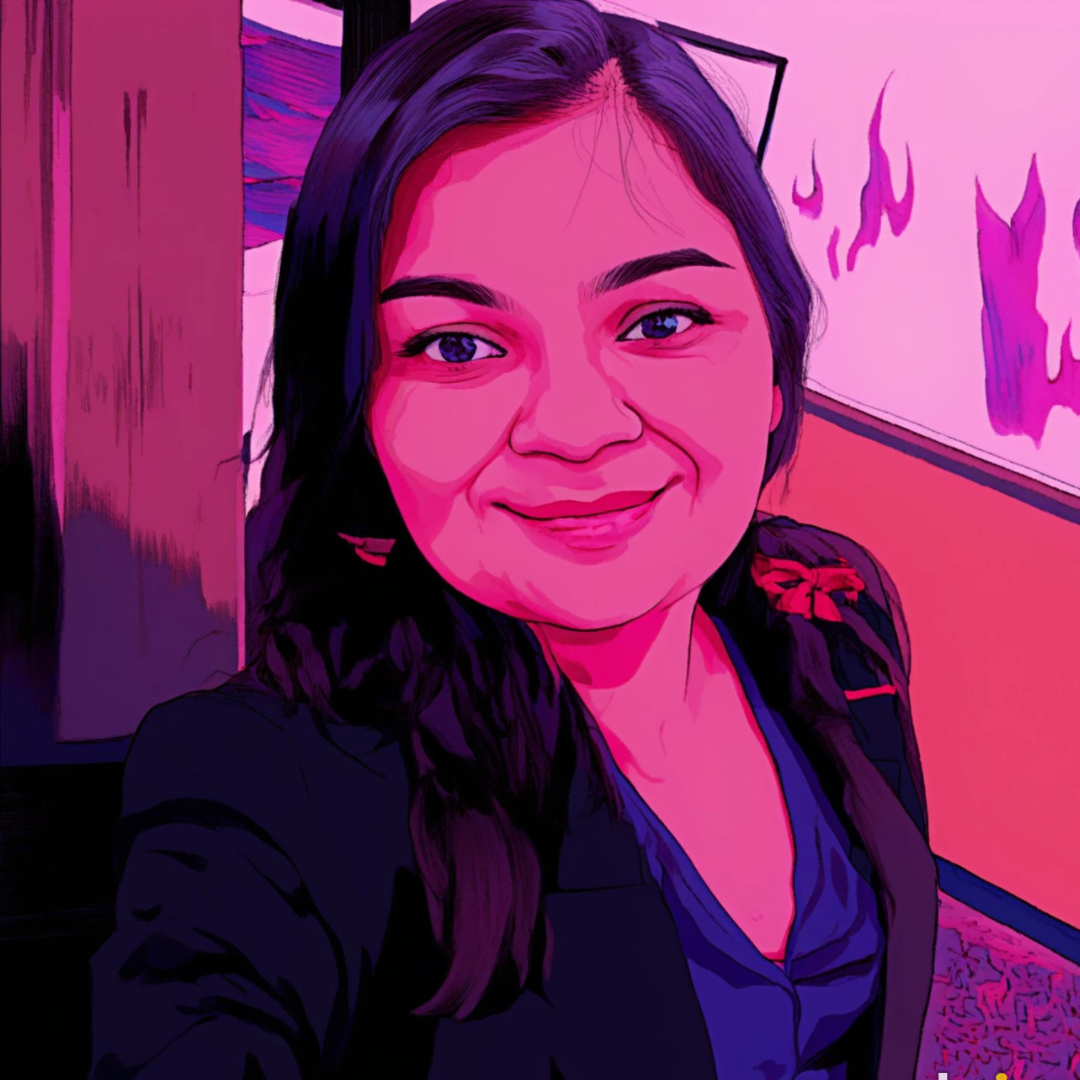As speculation builds around Donald Trump’s potential return to the White House, former BitMEX CEO Arthur Hayes is raising red flags about what this could mean for the U.S. economy. Hayes believes a Trump victory would spell disaster for the U.S. dollar, pushing it toward a “funeral” of sorts. With inflation surging and the dollar’s value declining, Hayes sees only two safe havens left standing: Bitcoin and gold. Here’s a breakdown of his thoughts on why Bitcoin could reign supreme in the wake of this economic shift.
Trump’s Spending: A Catalyst for Inflation?
According to Hayes, Trump’s re-election could transform the American economy into what he describes as a “command economy,” something that resembles “American capitalism with Chinese characteristics.” He predicts that under Trump, the government’s role in the economy will expand drastically, with increased spending and state-led initiatives dictating economic direction.
In Hayes’ view, Trump’s spending habits—historically fueled by large-scale stimulus packages—will inevitably lead to even higher inflation. This surge in spending could push the dollar’s value down further, making everyday cash less valuable. To Hayes, this trajectory spells doom for the dollar and opens the door for assets like Bitcoin to thrive as people seek alternatives to fiat money.
A Shift to State-Controlled Economics
Hayes argues that Trump’s economic policy isn’t merely a shift in government spending but a wholesale pivot to what he calls a “command economy.” This model, according to Hayes, echoes the late Chinese leader Deng Xiaoping’s philosophy: it doesn’t matter how economic growth happens, as long as it happens. Hayes believes Trump’s policies will prioritize rapid growth over traditional free-market principles, emphasizing government intervention and control.
This potential move away from capitalism as we know it, Hayes claims, is a long time coming. For him, American capitalism stopped being purely capitalist in the early 1900s. The creation of the Federal Reserve in 1913, he argues, marked a departure from true free-market economics, with profits being privatized while losses are passed on to the public. Trump’s policies, as Hayes sees them, will only accelerate this trend.
From Free Markets to a State-Run Economy
According to Hayes, capitalism once meant taking risks and facing the consequences of bad decisions, but those days are long gone. Now, he argues, the U.S. operates on a model where big corporations are bailed out by the government, at the expense of taxpayers. He points to the 2020 COVID-19 pandemic as an example, where Trump’s response—marked by massive stimulus packages—veered away from “trickle-down” economics in favor of direct handouts to citizens. While it worked temporarily, this approach led to a surge in spending, driving economic growth but also sparking inflation as demand outstripped supply.
Hayes asserts that this trend will continue if Trump returns to power. He foresees a new round of “QE for the people,” or quantitative easing aimed at the general public, which he warns will pump even more cash into the economy without addressing deeper structural issues.
The End of “Trickle-Down” Economics
According to Hayes, America’s economic policy has often been a mix of capitalism, socialism, and government intervention, but elites have consistently emerged unscathed. In his view, when wealthy investors make poor financial decisions, they are shielded by government bailouts, leaving the public to foot the bill. Hayes argues that real capitalism—where the wealthy face losses for poor choices—has been virtually outlawed since the early 20th century.
As an example, he points to the U.S. government’s response to the pandemic under Trump, where stimulus checks went directly to the public rather than trickling down through the economy. While this temporarily boosted economic growth, it also ignited inflation. “Economic growth surged as the velocity of money increased,” Hayes notes. However, with supply chains struggling to keep up with increased demand, inflation soared, and this initial economic boost came at the cost of lasting inflation.
The “QE for the People” Approach: Round Two?
Hayes paints a vivid picture of what Trump’s next term could look like, describing a Treasury Department fully committed to “America First” policies. Under Trump’s rumored pick for Treasury Secretary, Scott Bassett, Hayes foresees a strategy focused on bringing manufacturing and critical industries back to U.S. soil through tax credits, subsidies, and cheap financing. This approach, Hayes claims, resembles China’s economic playbook, where the government takes an active role in shaping industry through economic incentives.
In this scenario, banks would play along by having restrictions on lending lifted, allowing them to lend more freely. While this might spur job growth and raise wages, Hayes warns that it won’t come without a cost. In his view, the beneficiaries of this setup are likely to be ordinary workers in the short term, with wages and jobs improving. But the long-term impact, he cautions, will be inflationary pressures that erode savings and bond returns.
Winners and Losers in a Command Economy
For those who can adapt to rising wages and prices, this new economy might provide some advantages. However, bondholders and savers, Hayes says, are poised to lose. With inflation outpacing bond yields, traditional safe assets like government bonds may no longer provide a reliable return. Instead, Hayes predicts, we’ll see “wage inflation as the new norm,” with workers facing a higher cost of living that eats into their real purchasing power.
Hayes’ Survival Guide: Bitcoin and Hard Assets
In light of his economic forecast, Hayes offers his own investment advice. He suggests focusing on assets that stand to benefit from government spending, such as stocks in industries set to receive federal support. But his top recommendations remain gold and Bitcoin, both of which he believes will hold their value as traditional currency weakens.
According to Hayes, Bitcoin occupies the highest tier in his portfolio hierarchy. He views Bitcoin as a hedge against the dollar’s decline, and he’s not investing in fiat currency beyond what he needs for day-to-day expenses. For Hayes, Bitcoin is more than a financial asset; it’s a safeguard against a crumbling dollar.
The Rise and Fall of Trickle-Down Economics
Reflecting on the past decade, Hayes describes the years from 2009 to 2020 as the height of “trickle-down” economics. During this period, the Federal Reserve’s quantitative easing primarily benefited wealthy investors, who poured this newly created money into assets like stocks and real estate. This, in turn, led to rising asset prices but failed to create meaningful economic growth.
According to Hayes, this approach increased the nation’s debt-to-GDP ratio without providing tangible benefits for most Americans. He warns that banks can’t keep creating money indefinitely without facing the risk of a credit collapse, and when banks stop lending, the Fed may have no choice but to step in with even more quantitative easing, effectively bailing out the banking system.
Hayes has even developed a custom index to track U.S. bank credit. “This is my custom index tracking the quantity of U.S. bank credit. It’s one of the most important money supply metrics,” he notes. By monitoring bank credit, Hayes aims to predict the direction of the economy and its potential impact on Bitcoin.
The Cost of Currency Debasement
If Hayes’ predictions are accurate, the entire population will feel the sting of currency debasement. As inflation rises, the purchasing power of the dollar will decrease, and Americans will bear the cost of this economic shift. For Hayes, this scenario reinforces his belief in Bitcoin’s superiority as a store of value.
Conclusion: “Bitcoin is King”
At the heart of Hayes’ argument is a clear message: in the coming economic storm, Bitcoin is king. With the dollar potentially facing a downward spiral and the government taking an increasingly active role in economic affairs, Hayes sees Bitcoin and gold as the ultimate safe havens. For investors seeking stability and protection, his advice is to lean into hard assets and steer clear of fiat currency.
In a world where economic policies seem poised to move further away from free-market principles, Hayes positions Bitcoin as the best defense against the dollar’s decline. Whether or not Trump wins re-election, Hayes’ forecast highlights the importance of preparing for an economic shift—and, for him, that preparation begins with Bitcoin.

A.k.a – alpha girl. Vinita is the founder of Alphachaincrypto. An English Lit Majors, Vinita bumped into Web3 in 2020 only to realise that tech was her calling. Later, Mathreja worked for some notable brands like Near Education, Biconomy, CoinDCX and top of the line crypto start ups.





